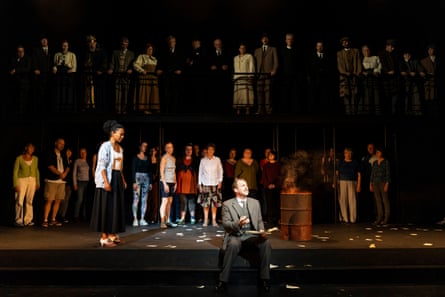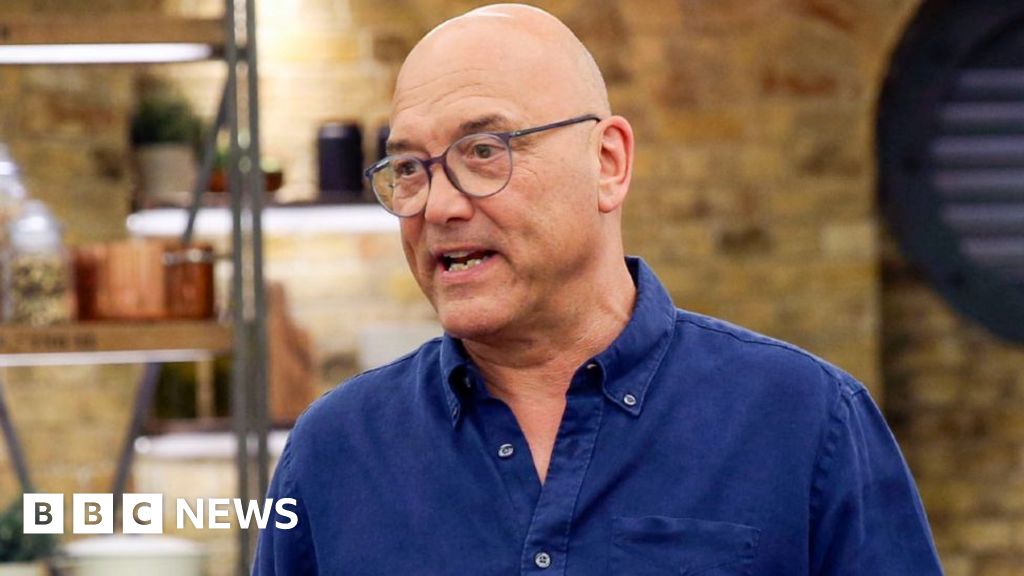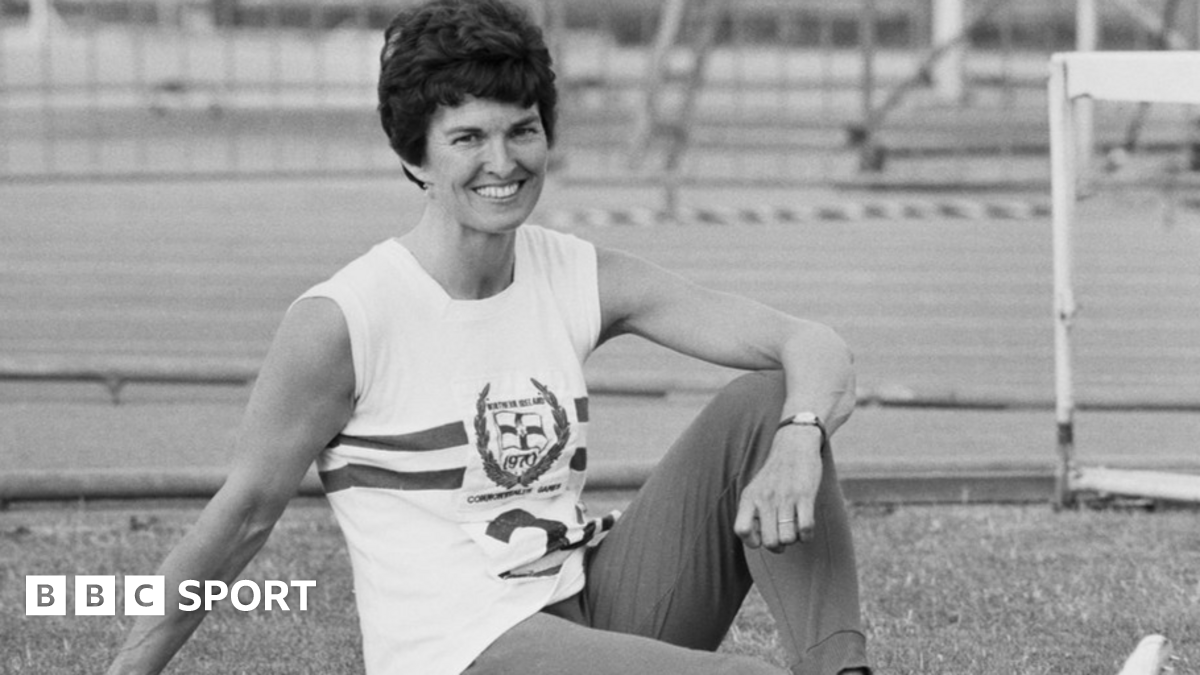There are myriad reasons why this parochial production will never travel outside the city walls of York, not least of which is the size of the more than 80-strong community cast. There are also jokes that you will only fully appreciate if you understand ancient antagonisms between Yorkshire’s West and North Ridings and why “Cadbury’s” (in a place built around Rowntree’s) is a punchline.
Yet writers Misha Duncan-Barry and Bridget Foreman have plundered this most local of stories and found something universal, relevant and powerful.
Antony Jardine, one of two professional actors in the production (the other being Amelia Donkor playing Gulie Harlock) plays Seebohm Rowntree, the son of Joseph Rowntree, chocolatier, philanthropist and modest man (unlike Titus Salt who named a whole village after himself; a joke that acts as a litmus test of whether or not you will get this story).
Seebohm grew up in privilege and emerged a social reformer, conducting three comprehensive studies into poverty in York during his lifetime. We meet him burning his last study, having arrived at the end of a lifetime of work believing nothing has changed, despite introducing the concept of the “poverty line”, below which nobody, he believed, should fall.

Directors Juliet Forster and Paul Birch give a sense of dynamism to this history lesson by employing tricks including a literal trapeze artist swinging from the rafters.
The history of Seebohm Rowntree becomes increasingly interrupted by meta-intrusions – at one point we watch actors playing the writers and directors of the play we’re watching, rehearsing the play we are watching. As we watch Seebohm attempt to raise people out of poverty, we also see a performance of a King Lear speech, which transforms into an enormous pageant and celebration of the power of art itself.
By the end, when the modern world of zero-hour contracts and clogged GP telephone lines have completely bled into Seebohm’s early 20th century, it all gets a little Boal and Brechtian, to moving effect. With his resolution that he has “so much to do” you can’t help but also hear a little of Alexander Hamilton in Seebohm Rowntree. This is a big play with big ideas, but one which has been well contained within the city walls.

 21 hours ago
2
21 hours ago
2










 English (US)
English (US)